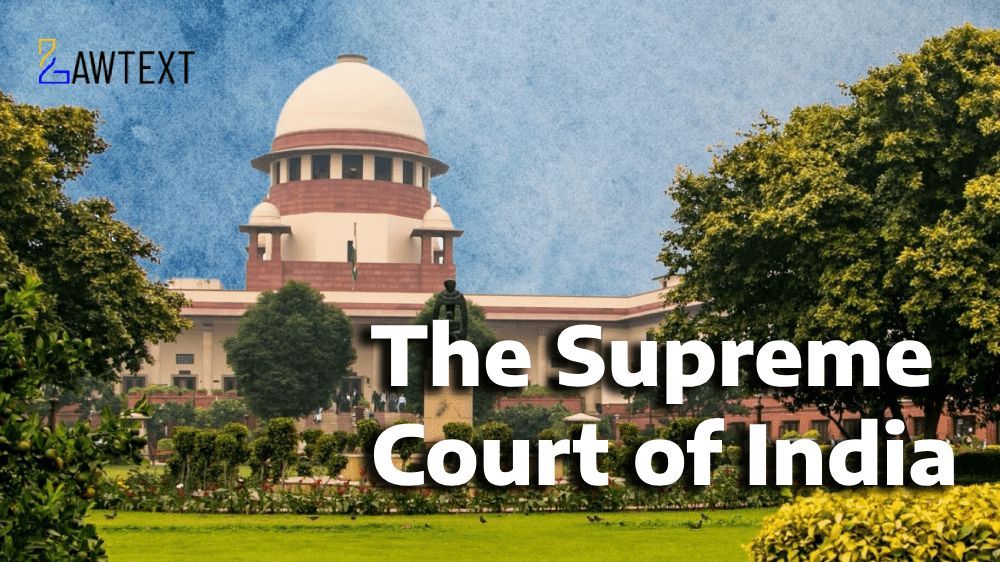CASE NOTE & SUMMARY
The Supreme Court delivered a significant judgment addressing the interpretation and interplay of fundamental rights under Articles 14, 19, and 21 of the Constitution. The case examined the proportionality of restrictions imposed by legislation in safeguarding individual rights while protecting societal interests. The Court upheld the principle of balancing individual liberties against collective security and upheld the law's constitutional validity by applying the doctrine of proportionality.
1. Background of the Case
- The petitioner challenged the constitutionality of a legislative provision, citing violations of Articles 14 (Equality before law), 19 (Freedom of speech), and 21 (Right to life and personal liberty).
- The dispute arose due to restrictions placed by the statute, which were argued to be arbitrary and excessive.
2. Contentions of the Petitioner
- Claimed the statute imposed disproportionate restrictions on fundamental rights.
- Alleged a violation of the doctrine of equality and procedural due process.
3. Response by the Respondents
- Justified the law as a reasonable restriction under Article 19(2), asserting it served a larger societal interest.
- Emphasized the necessity of the restrictions in maintaining public order and morality.
4. Issues for Consideration
- Whether the legislation was arbitrary and violative of Articles 14, 19, and 21.
- The scope and application of the proportionality test in determining constitutional validity.
5. Observations by the Court
- The Court noted that any restriction on fundamental rights must meet the test of reasonableness and proportionality.
- Stressed the importance of balancing individual rights with societal welfare.
6. Final Judgment and Ratio Decidendi
- The Court upheld the validity of the statute, ruling that the restrictions were proportionate and served a legitimate aim.
- Applied the doctrine of proportionality to assess the reasonableness of the law and found it constitutionally sound.
Acts and Sections Discussed:
-
Constitution of India:
- Article 14: Equality before law.
- Article 19(1)(a): Freedom of speech and expression.
- Article 19(2): Reasonable restrictions on fundamental rights.
- Article 21: Right to life and personal liberty.
-
Statutory Provisions:
- Specific provisions of the impugned statute (not mentioned here but critical to the judgment).
Ratio Decidendi:
The principle of proportionality was reaffirmed, emphasizing that any restriction on fundamental rights must be:
- Pursuing a legitimate aim.
- Necessary in a democratic society.
- Least restrictive to achieve the intended purpose.
Subjects:
Constitutional Law, Fundamental Rights, Doctrine of Proportionality.
Fundamental Rights, Articles 14-21, Proportionality, Reasonable Restrictions, Public Interest, Constitutional Validity.
Citation: 2024 LawText (SC) (12) 93
Case Number: CIVIL APPEAL No. 1943 of 2022
Date of Decision: 2024-12-09
Case Title: LT. COL. SUPRITA CHANDEL VERSUS UNION OF INDIA AND ORS.
Before Judge: [B.R. GAVAI J. , K. V. VISWANATHAN J.]
Appellant: LT. COL. SUPRITA CHANDEL
Respondent: UNION OF INDIA AND ORS.

